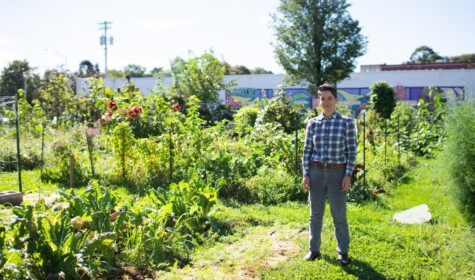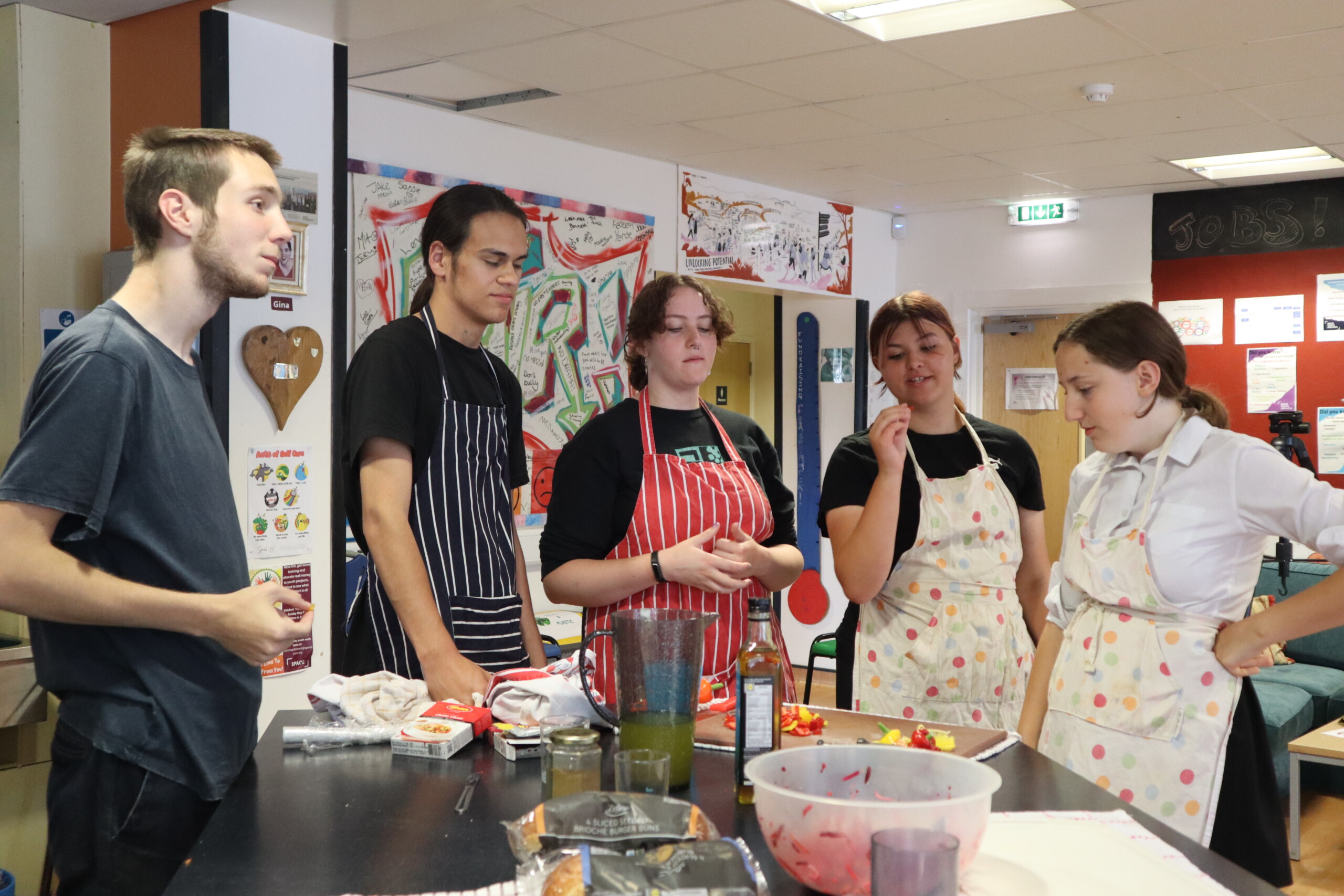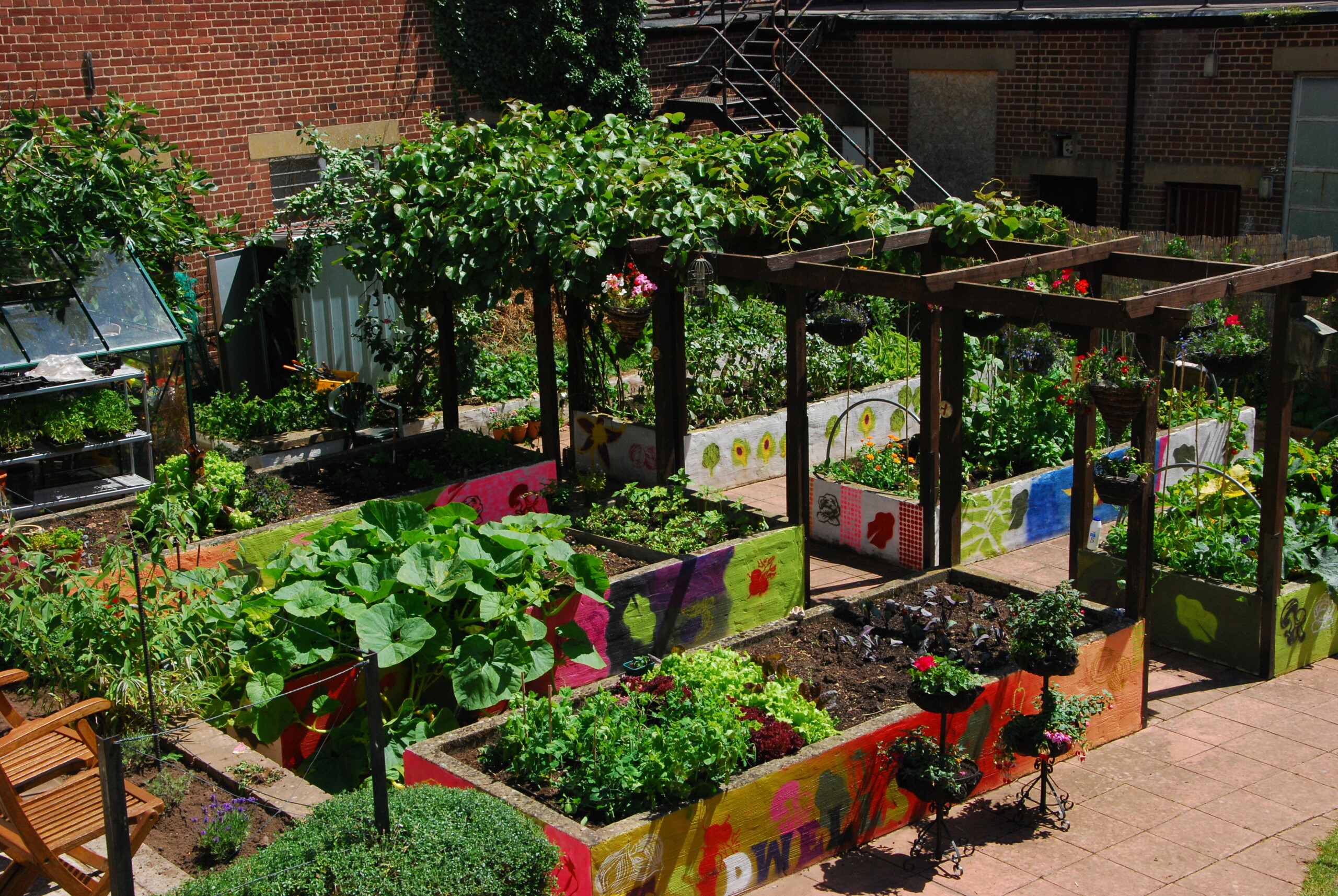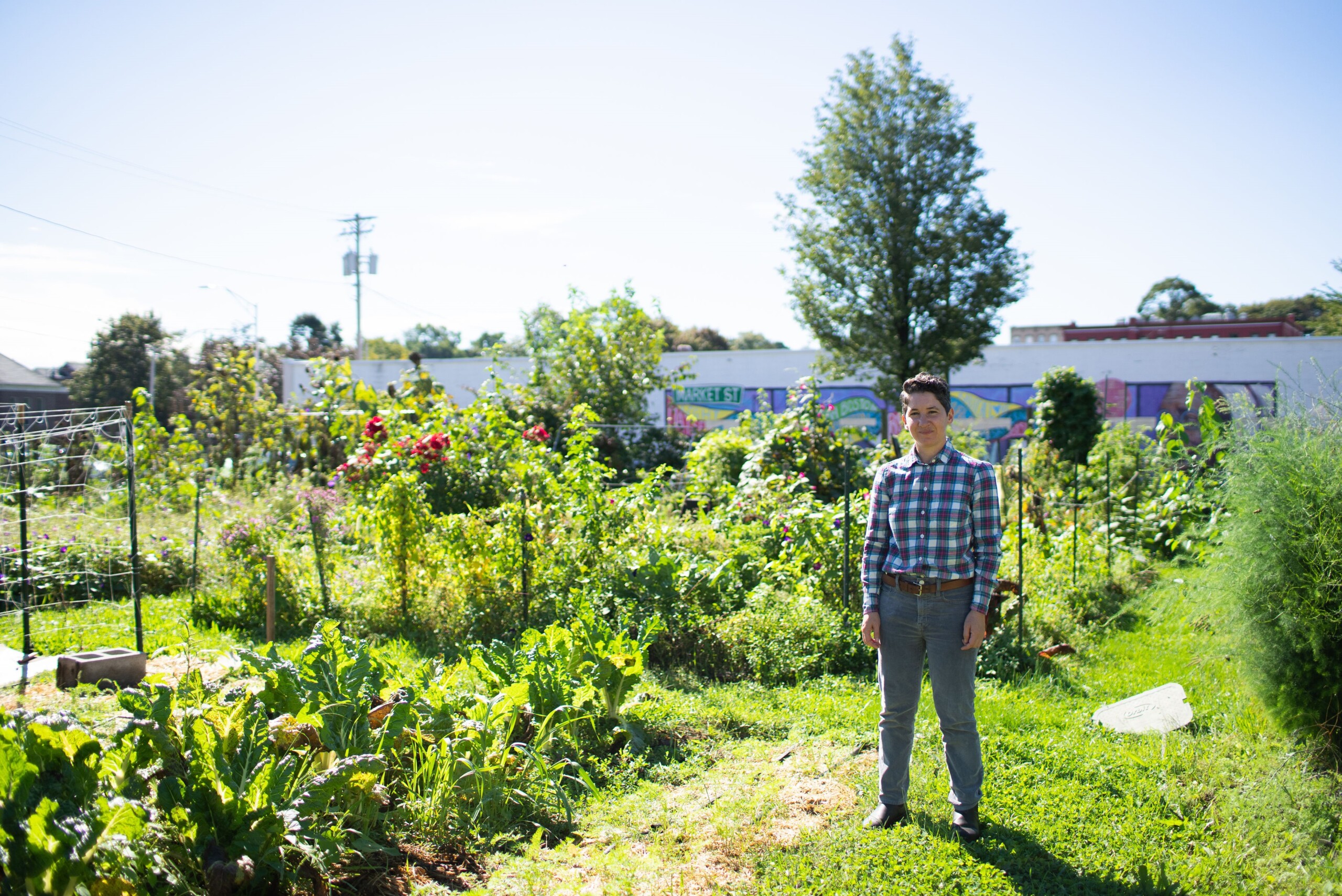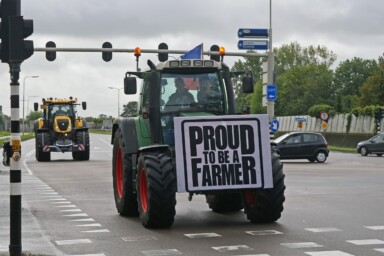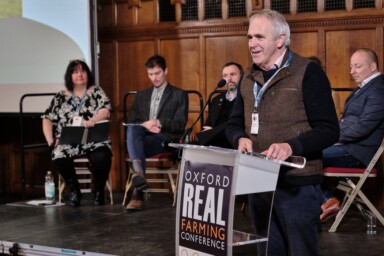A just transition to sustainable farming means giving everyone the opportunity to be part of a more sustainable food system. But with over a million people in the UK currently struggling to find healthy food, it’s clear that there are barriers preventing many of us from accessing nourishing, sustainably produced food. In this article, we hear from Dr Celia Plender who considers how asking the right questions is essential in giving more people access to good food and highlights some inspiring projects that are already achieving this.
Throughout my time working with community food projects, one issue that has come up time and again is the accessibility of healthy, sustainable food, especially for people on low incomes.
While food insecurity in Britain is not a new issue, it is rapidly growing – there are now 14 million people in the UK who are food insecure. Many households are also feeling increasingly pressed by the rising cost of food, often struggling to afford even the most basic ingredients, let alone produce with good environmental values. Over a million people in Britain also find accessing healthy food difficult – this is due to a range of issues from the absence of stores that sell healthy foods in poorer areas to difficulty with transport and getting food home, even when stores are local, especially for the elderly and disabled.
Ensuring that everyone has access to nourishing, climate friendly foods is a big concern for many of the growers, producers, retailers and distributors that I meet, but it can be challenging to successfully work on social, environmental and economic issues within a busy project. Understandably, decisions are made about what to prioritise with their limited time and resources.
